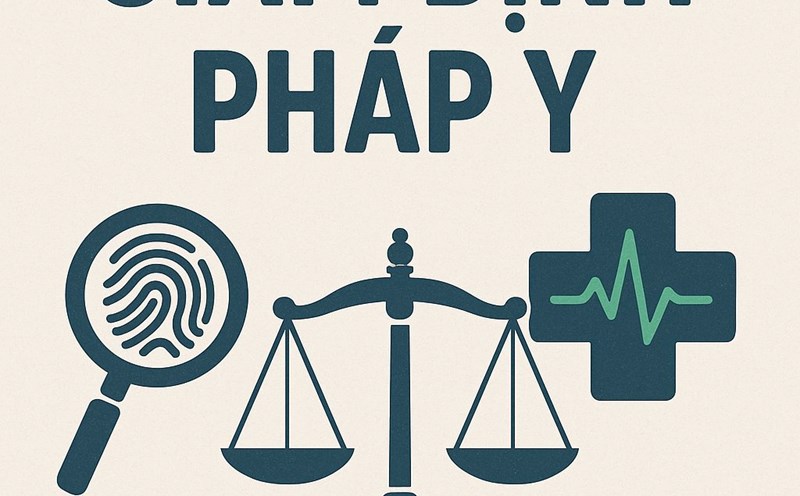The case of Hanoi City Police prosecuting 36 leaders and officers of the Central Institute of Forensic Psychiatry for assisting in the act of "running" for appraisal conclusions to evade criminal liability not only shocked public opinion but also exposed a serious loophole in the judicial system.
It is hard to believe that with just one conclusion of "mental illness", a person with a series of previous convictions and records like defendant Nguyen Thi Mai Anh can escape the litigation round, endure to live in a conditioned private room, even organize drug use and travel during mandatory treatment.
It is worth mentioning that those conclusions were purchased in money, manipulated by leaders and security guards of the Central Institute of Forensic Psychiatry.
This truth has left many people confused with the question: how many cases have been covered up by the "losing the ability to act" of criminals?
How many people should be strictly punished and have been legalized for their innocence thanks to wrong conclusions from an appraisal system like the Central Institute of Forensic Psychiatry?
It is undeniable the complexity of forensic psychiatric examination, when the line between real and fake is sometimes very fragile.
However, it is necessary to strictly control the appraisal process at a higher level, instead of leaving the current loopholes.
Current regulations are revealing dangerous loopholes: people undergoing compulsory mental treatment who escape will only be subject to administrative handling; the assessment conclusion will only be through one level; there is no mechanism for independent criticism or re-evaluation.
These are the basic reasons why some individuals can disrupt an entire organization with up to 36 people from leadership to protection.
And the biggest lesson from this case is that, in the face of material temptations, we cannot only rely on the conscience and ethics of civil servants, but must redesign regulations to prevent the risk of falling as well as no one can easily manipulate the law.
Accordingly, it is necessary to immediately consider amending Decree 64/2011, adding criminal sanctions for those who escape from compulsory medical facilities, and at the same time stipulate the mandatory two-level appraisal of cases with serious factors.
It is also necessary to separate the treatment facility from the assessment council to avoid "playing football while blowing the whistle".
Most importantly, it is necessary to build an independent monitoring mechanism and publicize appraisal conclusions in serious criminal cases to ensure transparency and accountability.
Prosecution of 36 leaders and officials of the Central Institute of Forensic Psychiatry is necessary, but in the end, only the spearhead will be handled.
And at that time, people's trust in the fairness of the law will be damaged, making it difficult to recover.











